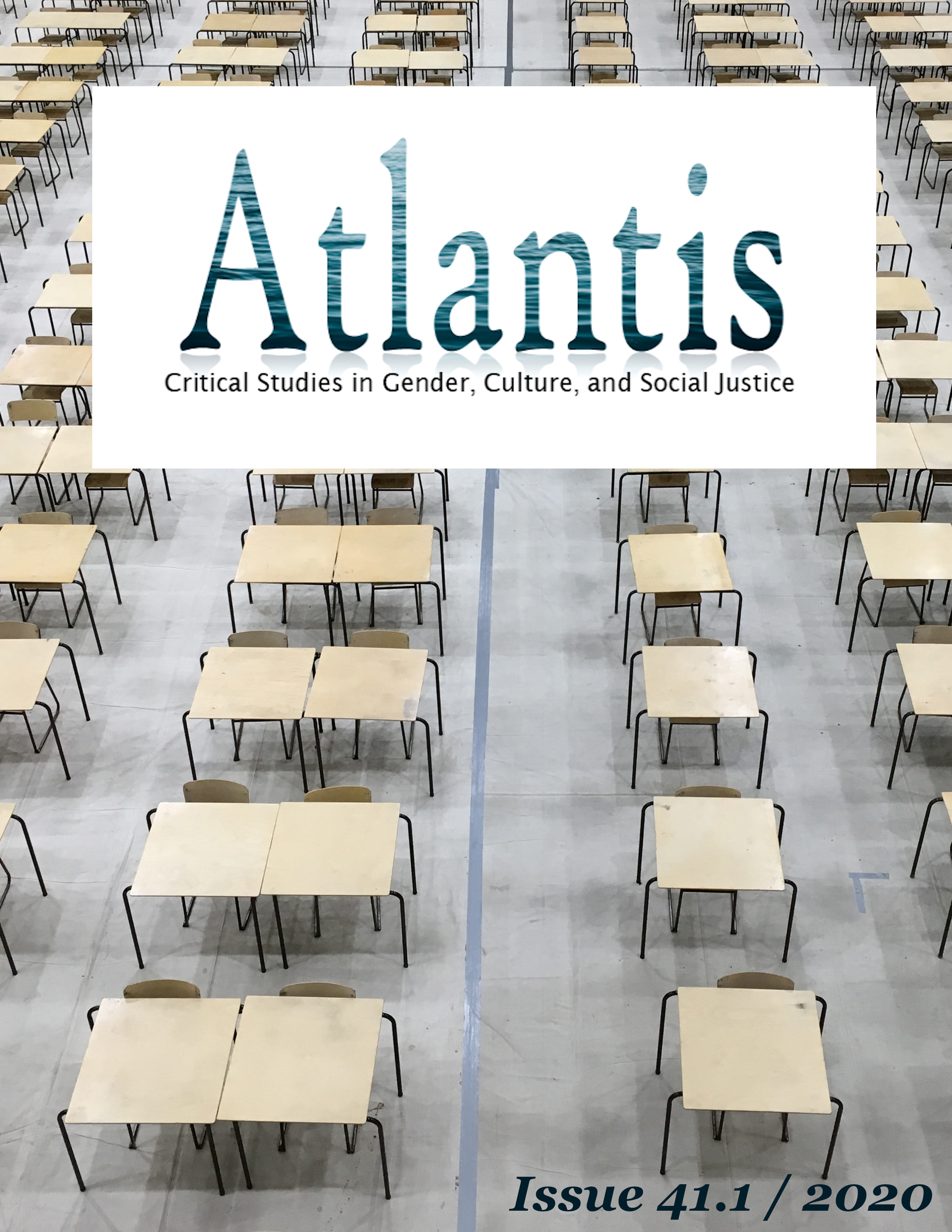Modernity and Progress: The Transnational Politics of Suffrage in British Columbia (1910-1916)
Keywords:
first-wave feminism, suffrageAbstract
Canadian historians have underplayed the extent to which theproject of suffrage and first wave feminism was transnational in scope. The suffrage movement in British Columbia provides a good example of the global interconnections of the movement. While BC suffragists were relatively uninterested in pan-Canadian campaigns they explicitly situated provincial suffrage within three transnational relationships: the ‘frontier’ myth of the Western United States, radical direct action by suffragettes in the United Kingdom, and the rise of modern China. By the second decade of the 20thcentury, increasingly confident women’s suffrage societies hosted international visits and contributed to global print culture, both of which consolidated a sense of being part of a modern, international and unstoppable movement.
BC suffragists were attuned to American suffrage campaigns in California, Oregon and Washington, which granted female suffrage after referenda and situated political rights for settler women in the context of Western progress narratives. The emphasis on progress and modernity intersected with growing connections to non-Western countries, complicating racialized arguments for settler women’s rights to vote. BC suffragists were particularly impressed by the role of feminism in Chinese political reform and came to understand Chinese women as symbolizing modernity, progress, and equality. Finally, the militant direct action in the British suffrage movement played a critical role in how BC suffragists imagined the role of tactical political violence. They were in close contact with the militant WSPU, hosted debates on the meaning of direct action, and argued that suffragettes were heroes fighting for a just cause. They pragmatically used media fascination with suffragette violence for political purposes by reserving the possibility that unmet demands for political equality might lead to Canadian conflict in the future.
Downloads
Published
Issue
Section
License
Authors who publish with this journal agree to the following terms:
1. Authors retain copyright and grant the journal right of first publication, with the work simultaneously licensed under a Creative Commons Attribution 4.0 International License that allows others to share the work with an acknowledgement of the work's authorship and initial publication in this journal.
2. Authors are aware that articles published in Atlantis are indexed and made available through various scholarly and professional search tools, including but not limited to Erudit.
3. Authors are able to enter into separate, additional contractual arrangements for the non-exclusive distribution of the journal's published version of the work (e.g., post it to an institutional repository or publish it in a book), with an acknowledgement of its initial publication in this journal.
4. Authors are permitted and encouraged to preprint their work, that is, post their work online (e.g., in institutional repositories or on their website) prior to and during the submission process. This can lead to productive exchanges, as well as earlier and greater citation of published work. Read more on preprints here.







